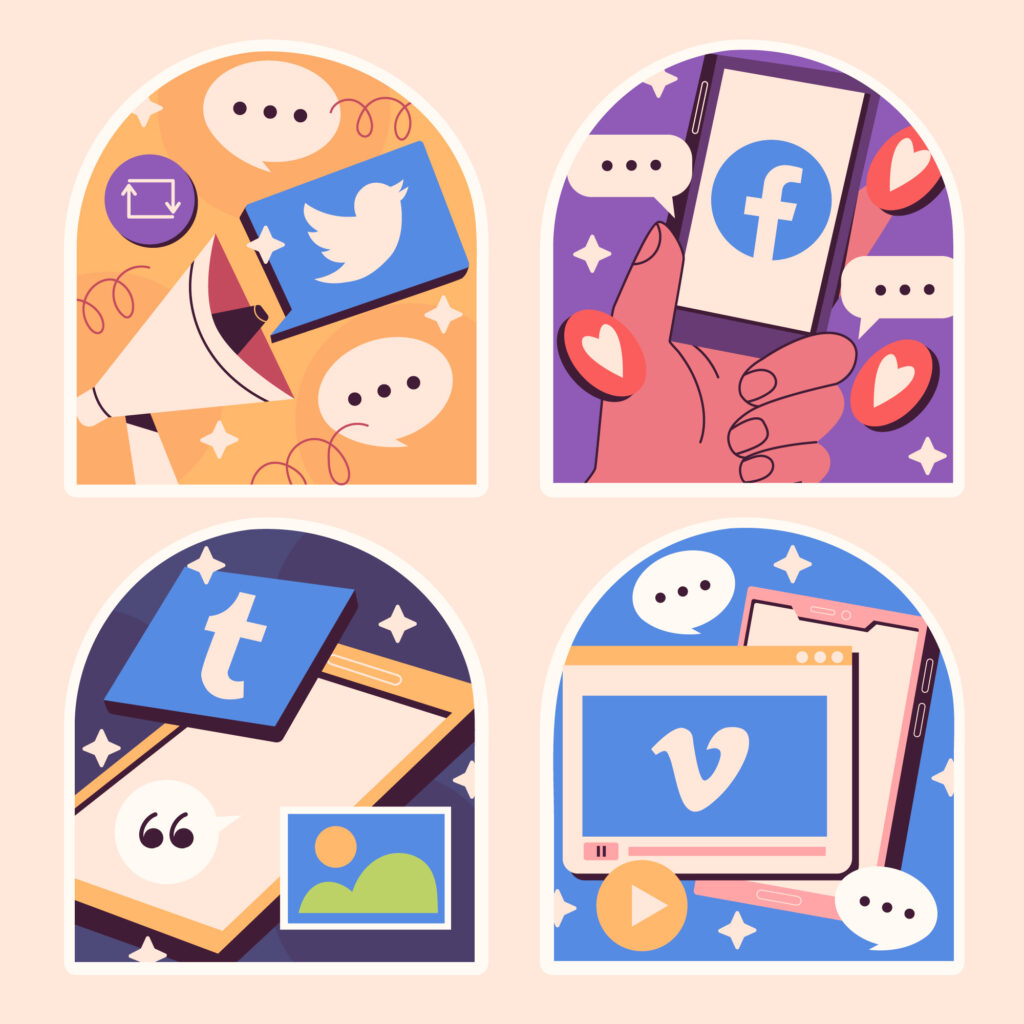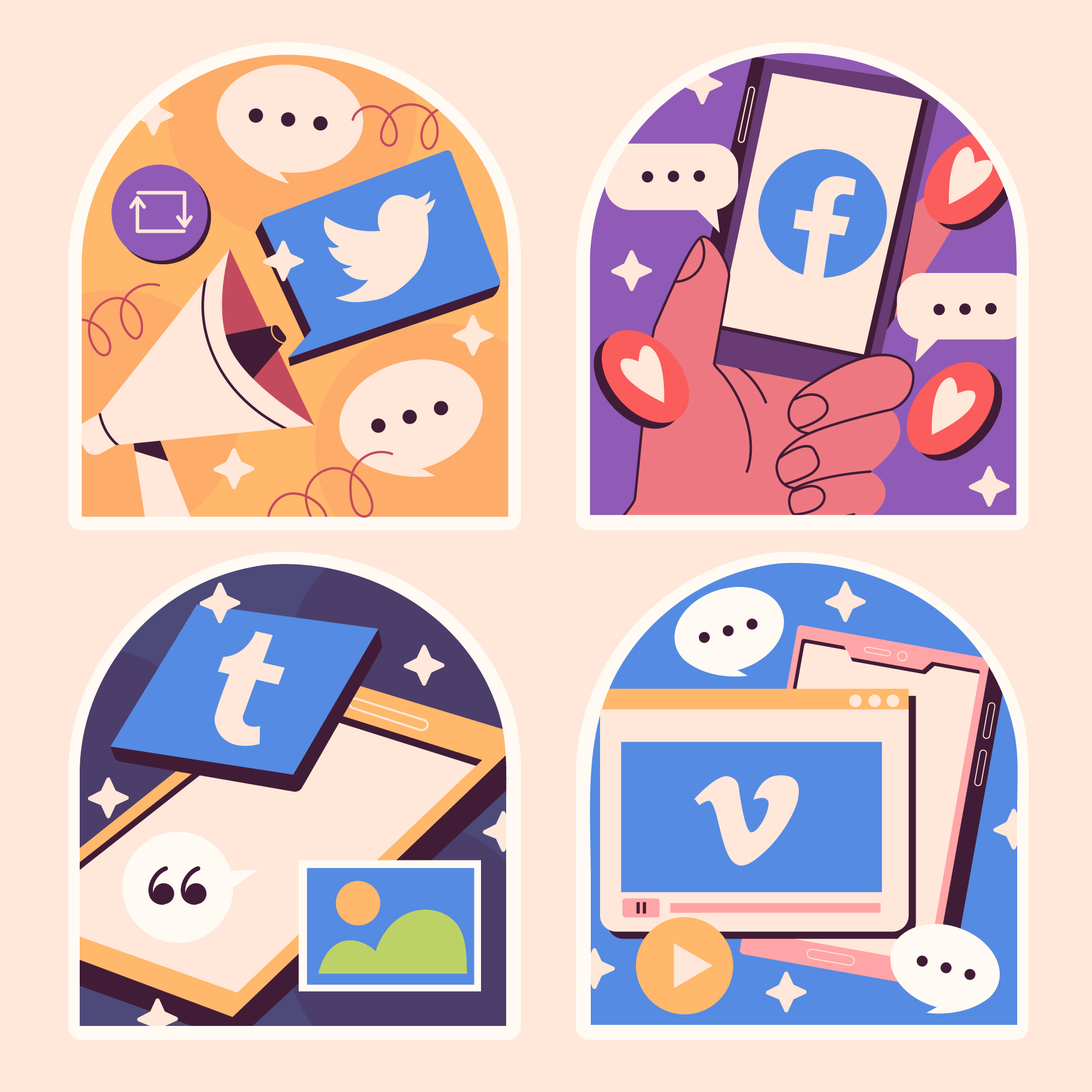In today’s digital age, social media has become an integral part of our daily lives. From the moment we wake up to the time we go to bed, many of us are constantly glued to our smartphones, engaging with various social media platforms. Recent studies have shown that consumers are spending an astonishing 3+ hours on social media every day, indicating a significant shift in how people communicate, share, and consume information. In this article, we will explore the reasons behind this phenomenon and delve into what exactly consumers are doing during those hours they invest in the virtual world.

The Rise of Social Media
The rise of social media can be attributed to numerous factors, such as the widespread availability of high-speed internet, the proliferation of smartphones, and the allure of instant connectivity with friends, family, and even strangers from around the world. Social media platforms have evolved from being mere communication tools to full-fledged ecosystems, offering a wide range of content and entertainment options that captivate users’ attention for hours on end.
Understanding Consumer Behavior
The staggering statistic of consumers spending 3+ hours on social media daily raises the question: What drives this extensive usage? To understand this behavior, we need to examine the various activities that keep users hooked to their favorite platforms.
Socializing and Networking: One of the primary reasons people flock to social media is to socialize and connect with others. From catching up with old friends to making new acquaintances with shared interests, social media provides a virtual meeting ground where individuals can exchange ideas, share experiences, and build networks.
Content Consumption: Social media platforms are content hubs, offering a diverse range of content formats such as text, images, videos, and live streams. Consumers spend considerable time browsing through news feeds, watching videos, and discovering interesting content shared by their network and influencers.
Entertainment: Social media has become an entertainment destination. Users engage with memes, funny videos, viral challenges, and engaging storytelling content that captivates their attention and provides an escape from the mundane aspects of everyday life.
Information and News: As social media platforms matured, they turned into significant sources of news and information dissemination. Consumers now rely on these platforms to stay updated with current events, trending topics, and breaking news.
Influencer Culture: Influencers play a pivotal role in driving consumer engagement on social media. Many users follow their favorite influencers for lifestyle inspiration, product recommendations, and even educational content.
Brand Engagement: Brands have embraced social media as a vital marketing channel to connect with their audience. Consumers interact with brand posts, participate in contests, and seek customer support through social media channels.
Escapism and FOMO: Fear of Missing Out (FOMO) drives social media consumption as users are afraid of being left out of the latest trends, events, or discussions. As a result, they continuously refresh their feeds to ensure they are up-to-date with what’s happening in their social circles and the world.
The Impact on Mental Health
While social media offers numerous benefits, excessive usage can also have adverse effects on mental health. Constantly comparing oneself to others’ curated lives, experiencing cyberbullying, and becoming addicted to virtual validation are some of the challenges users may face. It’s crucial to maintain a healthy balance and limit the time spent on social media to avoid these negative consequences.
Tips for Healthy Social Media Usage
Set Time Limits: Allocate a specific time each day for social media usage and stick to it. Utilize smartphone features that notify you when you’ve reached your daily limit.
Unfollow Negative Content: Unfollow accounts that trigger negative emotions or cause stress. Curate your feed to include content that inspires and uplifts you.
Take Breaks: Take regular breaks from social media, especially during important life moments or when you feel overwhelmed.
Engage Offline: Balance your online interactions with face-to-face connections and real-life experiences.
Turn Off Notifications: Limit distractions by turning off non-essential social media notifications.
Conclusion
The fact that consumers spend 3+ hours on social media daily highlights the significant impact of these platforms on our lives. From socializing and networking to consuming content and seeking entertainment, social media has become an indispensable part of modern society. However, it’s crucial to be mindful of the time spent and its potential effects on mental well-being. By striking a healthy balance between virtual and real-life interactions, we can harness the benefits of social media while safeguarding our mental health in this digital era.
Related Articles:
1. Global daily social media usage 2023
2. Average Daily Time Spent on Social Media
3. Global social media statistics research summary 2023




